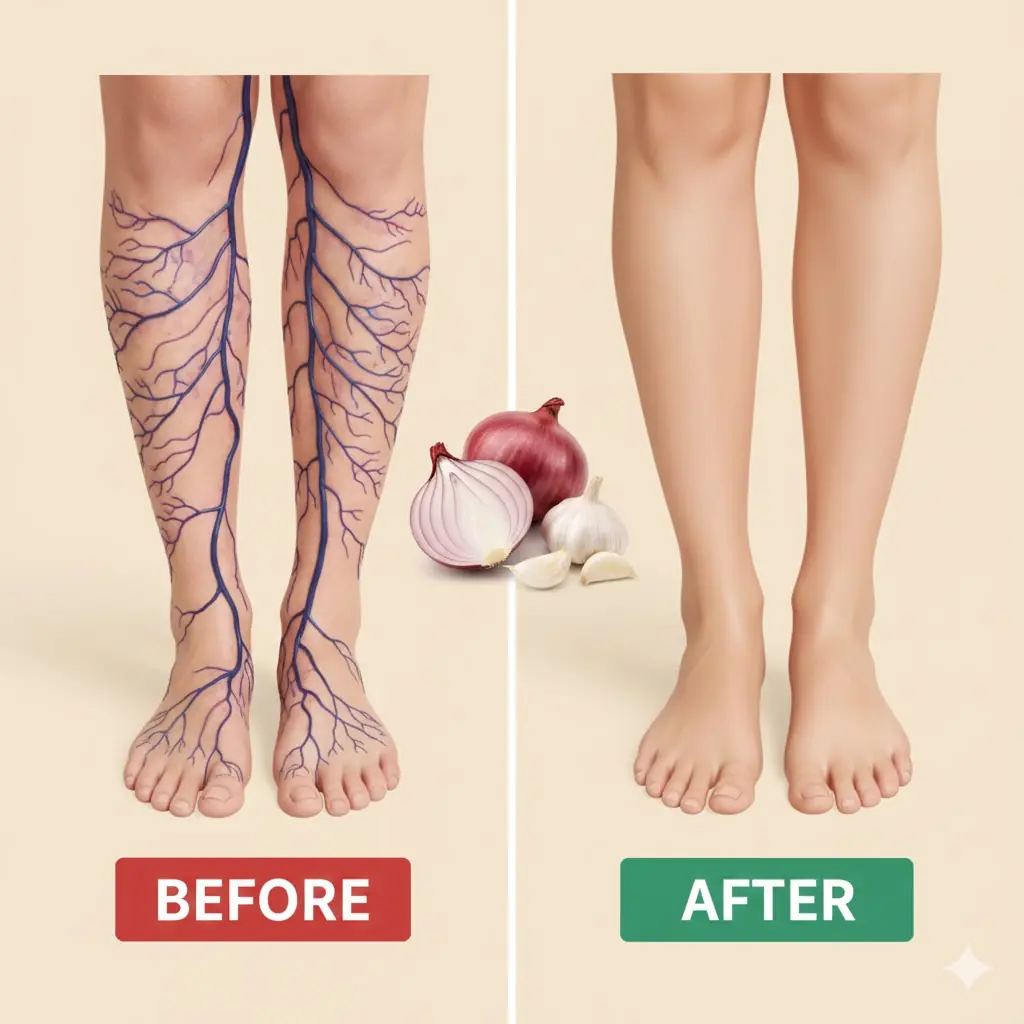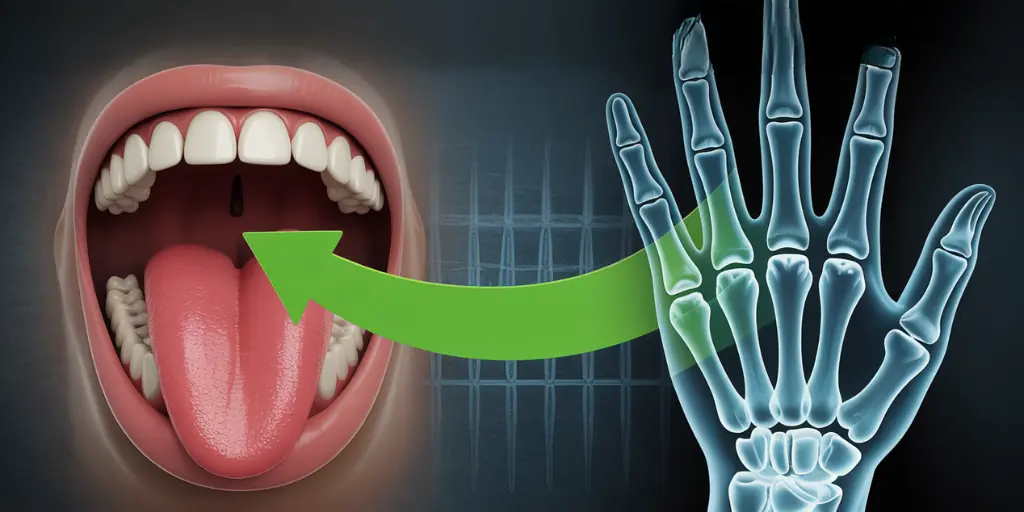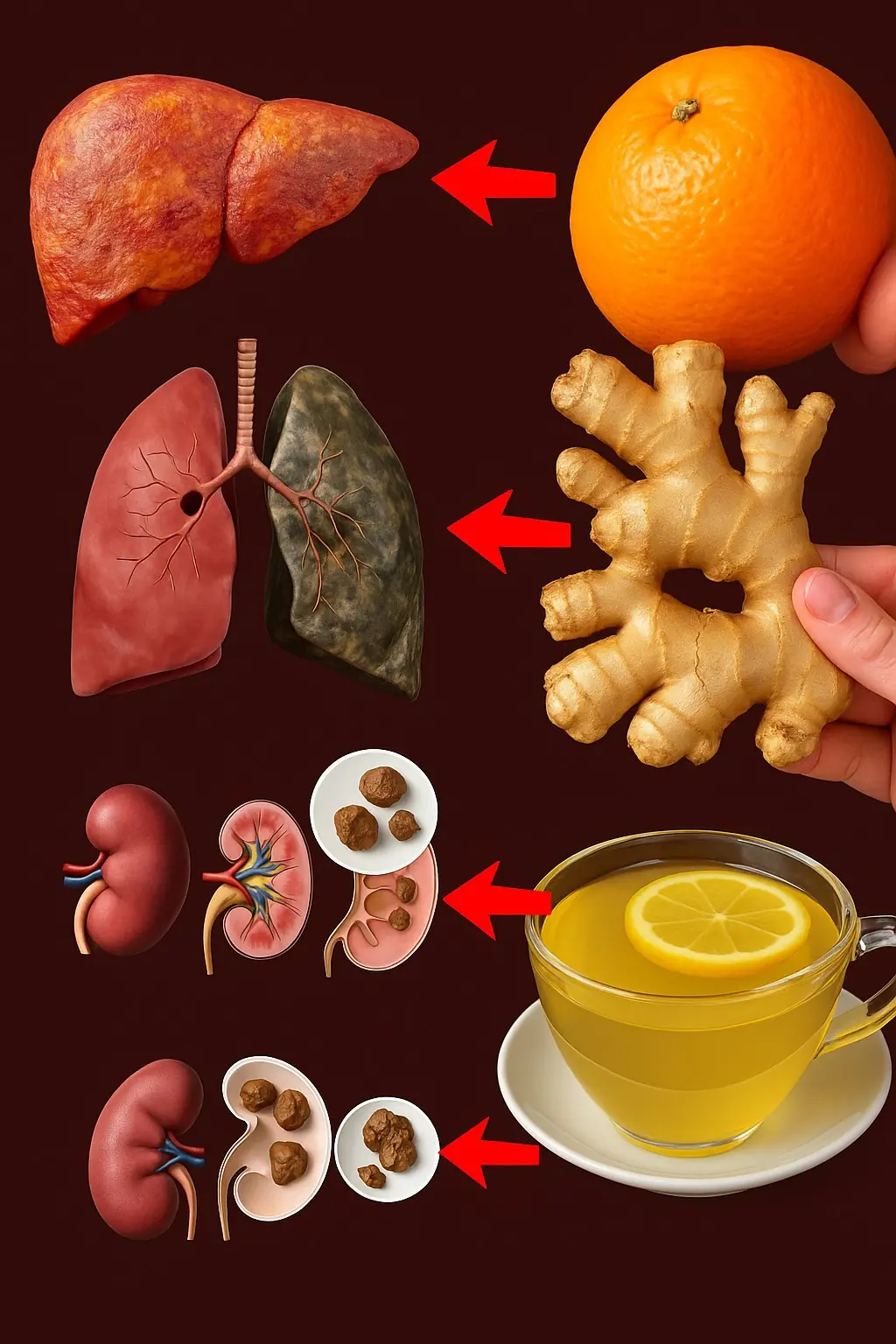
6 Trigger Foods That Cause Agonizing Pain If You Have Neuropathy

Neuropathy, or nerve damage, is a frequent complication that arises in individuals with diabetes. On average, as much as 60% of people diagnosed with diabetes also experience some form of neuropathy, with the risk being particularly high among those who struggle to control their blood sugar levels.
Like many other medical conditions, the symptoms of peripheral neuropathy can be either exacerbated or alleviated based on your diet.
Peripheral neuropathy occurs when the nerves outside the brain and spinal cord (known as peripheral nerves) suffer damage. This can result in symptoms such as weakness, numbness, and pain in the hands and feet. Furthermore, the condition may also affect important bodily functions such as digestion, urination, and circulation.
One of the most effective ways to prevent or manage peripheral neuropathy is by carefully controlling your diet and managing any medical conditions that increase your risk. This may involve eliminating junk food from your meals and reducing or eliminating alcohol consumption.
Here are six common trigger foods that you should avoid to improve the symptoms of neuropathy:
1. Gluten
Gluten should be the first food group that individuals with neuropathy avoid. Celiac disease, which affects the small intestine, interferes with the body's ability to absorb vital nutrients. This can deprive your nerves of essential nutrients like vitamin B12.
Though only about 1% of the population may have celiac disease, many people are also sensitive to or allergic to gluten. Gluten is found in common foods such as bread, pasta, cakes, and pastries. It's important to check labels and seek out gluten-free alternatives because gluten can even be hidden in unexpected foods, such as soy sauce. Traditional soy sauce often contains wheat, which means it’s not gluten-free, although some soy sauces are specifically labeled as gluten-free.
2. Trans Fats
Diets high in trans fats—also known as unhealthy fats—can contribute to inflammation and increase the risk of developing type 2 diabetes, which, in turn, can worsen peripheral neuropathy. Trans fats are commonly found in fried fast foods such as fried chicken, battered fish, doughnuts, French fries, and mozzarella sticks.
Instead of trans fats, focus on incorporating moderate amounts of healthy fats like monounsaturated fats, which are found in foods such as avocados, almonds, and flax seeds. These fats contain heart-healthy omega-3 fatty acids that may help reduce inflammation.
3. Alcohol
While moderate drinking may not be a significant concern, excessive alcohol consumption can worsen neuropathy symptoms and harm your overall health. Alcoholic neuropathy is a condition where nerve damage occurs due to prolonged excessive drinking. It can lead to symptoms such as spontaneous burning pain, increased sensitivity to pain, and even muscle weakness.
If alcohol consumption triggers symptoms like tingling, burning, or cramps, it's advisable to stop drinking to prevent further nerve damage and alleviate discomfort.
4. Refined Grains
Maintaining balanced blood sugar levels is one of the most effective ways to prevent diabetic peripheral neuropathy. Refined grains, which have a high glycemic index, can cause blood sugar levels to spike quickly. High-glycemic foods are quickly absorbed into the bloodstream, raising blood sugar levels, which can aggravate neuropathy.
Instead of refined pasta or rice, consider healthier alternatives like zucchini noodles or refrigerating your pasta and rice to lower their glycemic index. Additionally, using apple cider vinegar with meals can help lower the glycemic impact of foods, further supporting blood sugar control.
5. Salty Foods
Most people enjoy salty snacks like potato chips, but these foods can be detrimental to your health, particularly when it comes to peripheral neuropathy. High levels of sodium can restrict blood flow, which exacerbates numbness and other symptoms of neuropathy.
Processed snacks, cold cuts, and fast food often contain high amounts of sodium and should be avoided. Too much salt can cause your blood vessels to constrict, reducing blood flow to the nerves and increasing the chances of experiencing tingling, burning, or numbness. Opt for lean meats and vegetables instead of processed and salty options.
6. Sugar
Added sugars have long been associated with various adverse health effects, and their impact is particularly harmful when it comes to peripheral neuropathy. Consuming excessive sugar can spike your blood sugar levels and promote inflammation, both of which contribute to nerve damage.
For people with diabetes, eating too much sugar can accelerate the onset of diabetic neuropathy. To reduce the risk of developing neuropathy, it is essential to cut back on sweets and high-sugar foods. Even fruit, which contains natural sugars, should be consumed in moderation. While fruit is a healthier option, it's still important to be mindful of the overall sugar intake.
By making these dietary changes, you can improve your nerve health and manage the symptoms of peripheral neuropathy more effectively. Managing blood sugar levels, reducing inflammation, and avoiding foods that damage nerves are crucial steps in protecting your health and alleviating discomfort caused by this condition.
News in the same category


4 alarming symptoms of vitamin B12 deficiency you can’t ignore!

Essential Leaves for Eye Health: Nature’s Secret to Sharper Vision

8 Powerful Nutrients That Can Dissolve Blood Clots Fast!

Signs of pancreatic cancer you should never ignore

The 9 foods proven to lower your risk of dementia, according to scientific research

Every Single Person Who has Cancer has a pH that is Too Acidic. Here is the Easiest Way to Check your pH Balance

This ancient seed oil may help calm knee pain better than Tylenol, study suggests

This vitamin deficiency could be raising your colorectal cancer risk — and half the world is low

Tomato Extract: Better And Safer Blood Thinner Than Aspirin

10 warning signs your kidneys are failing (symptoms most people don’t know)

10 Subtle Symptoms of Clogged Arteries You Shouldn’t Ignore

Blurred Vision in One Eye and a Headache

How To Detox Each Organ To Reset Your System

Natural Detox: Simple Daily Habits to Support Your Kidneys, Liver & Lungs

Apple Cider Vinegar: A Simple, Natural Way to Support Your Daily Wellness

7 powerful fruits that cleanse your kidneys naturally

What Can Your Urine Tell You about Your Health
News Post

Scientists Discover The Maximum Age a Human Can Live To

The Amazing Benefits of Using Frozen Cucumber for Gua Sha: A Natural and Effective Skincare Hack

This Collagen Drink Reverses Your Age by 10 Years

5 Ultimate Recipes Using Rice Water to Clear Dark Spots, Fade Blemishes, Erase Wrinkles and Get Gorgeous Skin

This Hair Oil Recipe Will Stop Hair Fall in Just One Use!

How to Make Potato Milk Cubes - The Ultimate DIY Remedy for Spotless Skin

Gram Flour And Fuller’s Earth Everyday Face Wash To Get Clear Skin

2-Minute Natural Black Shampoo for Grey Hair: A DIY Solution for Healthy, Vibrant Locks

How to Made Carrot-Vaseline Anti-Wrinkle Cream At Home: A Natural Remedy for Youthful Skin

DIY Body Whitening Bath Powder - Homemade Recipe for Glowing, and Youthful Skin

All Natural Hair Dye With Garlic Peels - Easy Recipe At Home

3 Recipes of Rice Water for Strong, Shiny, and Fast-Growing Hair

Get Thicker Eyelashes/Eyebrows with Vaseline and Castor Oil Serum in 1 Week

7 powerful vitamins you need for strong, healthy legs

Vein Victory Elixir: Onion-Garlic-Vinegar Rituals to Banish Bulging Blues

4 alarming symptoms of vitamin B12 deficiency you can’t ignore!

Essential Leaves for Eye Health: Nature’s Secret to Sharper Vision

Magnetic Sperm Bots: A Revolutionary Leap in Reproductive Medicine and Targeted Drug Delivery

The Hidden Dangers of Belly Fat: A Warning Sign for Metabolic Health
